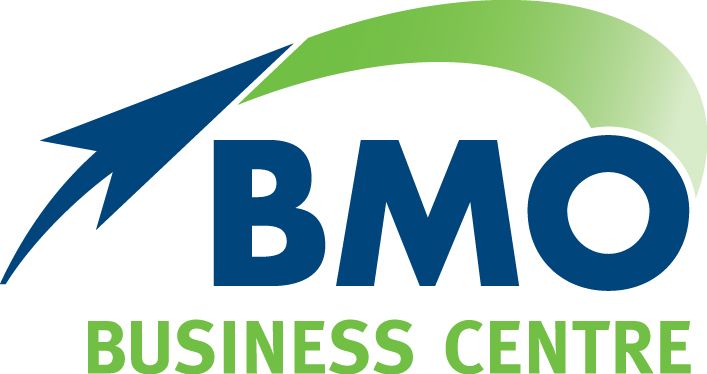Aged care payment options
When it comes time to investigate residential aged care for yourself, your partner, parent or relative, the search for a facility and how to pay for it can seem daunting. The system is complex, and decisions are often made in the midst of a health crisis.
Factors such as location to family and friends, reputation for care or general appeal are just as important as the sometimes-high price of a room and other fees in residential aged care.
Even so, costs can’t be ignored. i
Accommodation charges
The first thing to be aware of when researching your residential aged care options is that there are separate costs for the accommodation and the care provided by the facility.
The accommodation payment essentially covers your right to occupy a room. You can pay this accommodation fee as a lump sum called the Refundable Accommodation Deposit (RAD), or a daily rate similar to rent, or combination of both.
The daily rate is known as the Daily Accommodation Payment or DAP and is effectively a daily interest rate set by the government. The current daily rate is 4.04 per cent. If the RAD is $550,000 then the equivalent DAP is $60.87 a day ($550,000 x 4.04%, divided by 365 days).
A resident can pay as much or as little towards the RAD as they choose, but any outstanding amount is charged as a DAP.
The RAD is fully refundable to the estate, unless it is used to pay any of the aged care costs such as the DAP.
Daily fees
As well as an accommodation cost there are daily resident fees that cover living and care costs. There is a basic daily fee which everyone pays and is set at 85 per cent of the basic single Age Pension. The current rate is $52.71 a day and covers the essentials such as food, laundry, utilities and basic care.
Then there is a means tested care fee which is determined by Services Australia or Veteran’s Affairs. This figure can range from $0 to about $256 a day depending on a person’s income and assets. The figure has an indexed annual and a lifetime cap – currently set at $28,339 a year or $68,013 over a lifetime.
Some facilities offer extra services, where a compulsory extra services fee is paid. It has nothing to do with care but may include extras like special outings, a choice of meals, wine with meals and daily newspaper delivery. It can range from $20-$100 a day.
A means assessment determines if you need to pay the means-tested care fee and if the government will contribute to your accommodation costs. Everyone who moves into an aged care home is quoted a room price before moving in. The means assessment then determines if you will have to pay the agreed room price, or RAD, or contribute towards it.
How means testing works
A means-tested amount above a certain threshold is used to determine whether you pay the quoted RAD and how much the government will contribute towards the means-tested care fee.
A person on the full Age Pension and with property and assets below about $37,155 would have all their costs met by the government, except the $52.71 a day basic daily fee.
A person on the full Age Pension with a home and a protected person, such as their spouse, living in it and assets between $37,155 and $173,075 may be asked to contribute towards their accommodation and care.
To be classified a low means resident there would be assessable assets below $173,075.20 (indexed). It is also subject to an income test.
A low means resident may pay a Daily Accommodation Contribution (DAC) instead of a DAP which can then be converted to a Refundable Accommodation Contribution (RAC). They may also pay a small means-tested care fee.
Payment strategies
The fees you may pay for residential care and how you pay them requires careful consideration. For example, selling assets such as the former home to pay for your residential care can affect your aged care fees and Age Pension entitlements.
If you would like to discuss aged care payment options and how to ensure you find the right residential care at a cost you or your loved one can afford, give us a call.
i) All costs quoted in this article are available on https://www.myagedcare.gov.au/aged-care-home-costs-and-fees
The information in this article does not take into account your objectives, needs and circumstances. We recommend that you obtain investment and taxation advice specific to your investment objectives, financial situation and particular needs before making any investment decision or acting on any of the information contained in this document. Subject to law, Capstone Financial Planning nor their directors, employees or authorised representatives gives any representation or warranty as to the reliability, accuracy or completeness of the information; or accepts any responsibility for any person acting, or refraining from acting, on the basis of the information contained in this document. Principal Wealth Management Pty Ltd trading as BMO Financial Solutions ABN 53 109 336 601 is a Corporate Authorised Representative (CAR 277821) of Capstone Financial Planning Pty Ltd ABN 24 093 733 969 Australian Financial Services Licence (AFSL) No. 223135.
The post Aged care payment options appeared first on BMO Accountants.


